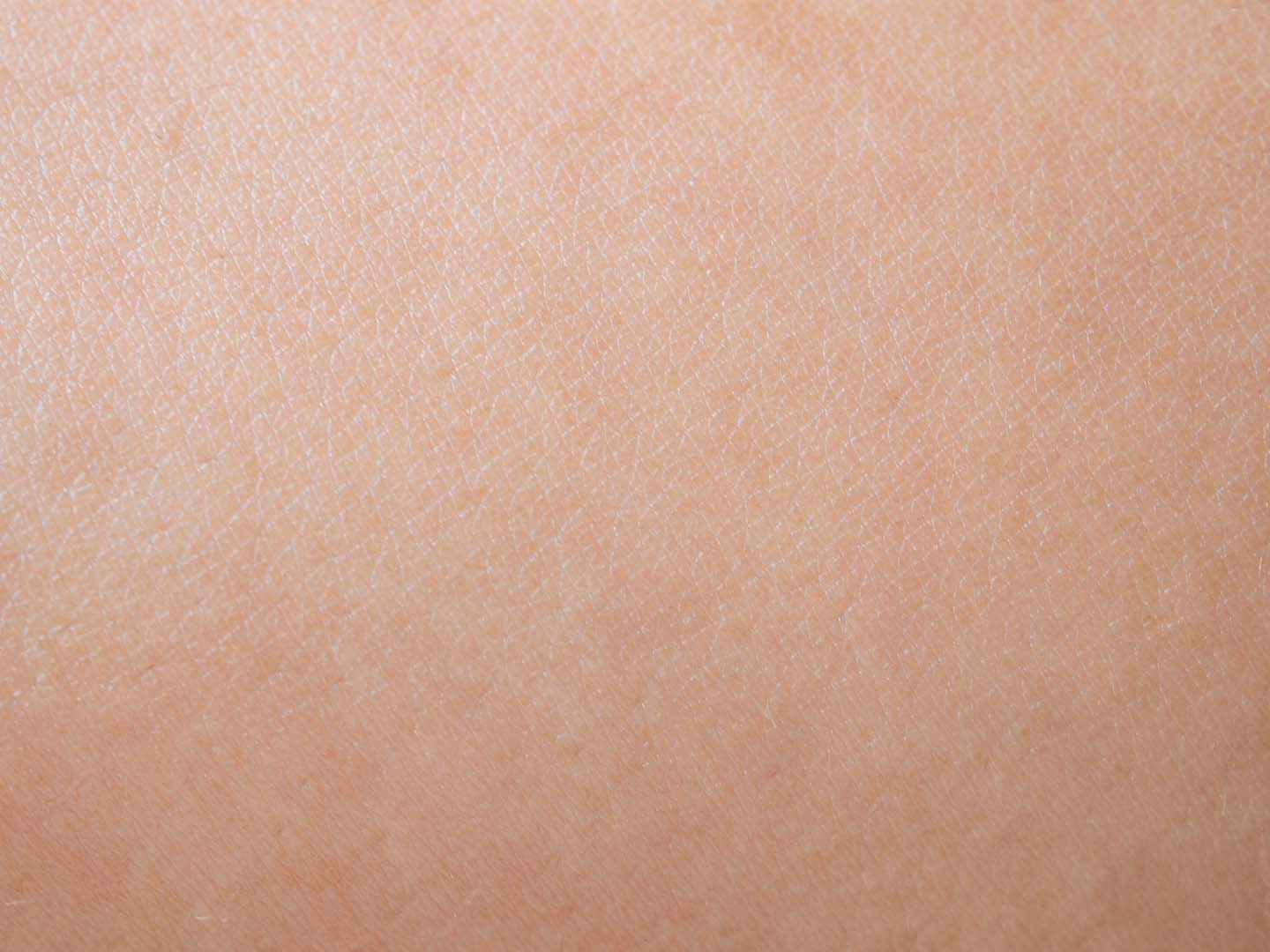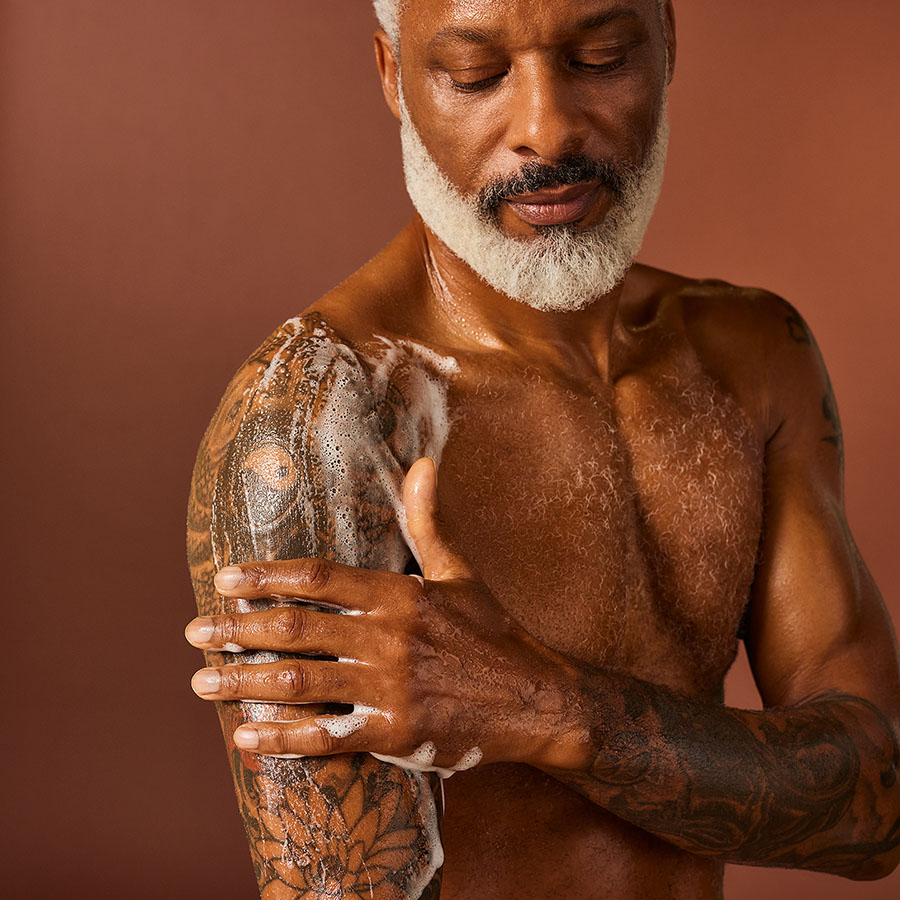Characteristics of sensitive skin
Sensitive skin can affect most areas of the body including the scalp, lips, hands, body and face, and is usually best identified by the feeling it creates such as itching, soreness, burning, stinging and tightness. It can also create redness in the skin and sometimes roughness, swelling and a rash. In most cases though, you’ll feel your skin becoming sensitive before you see it.
The causes of sensitive skin
Our skin protects itself from aggressors in the environment (such as pollution and bacteria) with a natural protective barrier. This barrier also helps the skin stay hydrated and prevents too much water from leaving the body. When the skin starts to feel sensitive, however, it’s a sign that the barrier has been weakened – either by factors happening inside the body like stress and fatigue, or externally such as a change in climate.
Skin care for sensitive skin
While you can’t control everything in your environment that irritates your skin, you can control the skin care you use to clean and moisturise it with. Try to avoid anything too harsh or drying such as soap and overly perfumed products as these can strip the skin of the essential oils and lipids that help to keep the protective barrier hydrated. Instead, use products with minimal ingredients created especially for the needs of sensitive skin.










